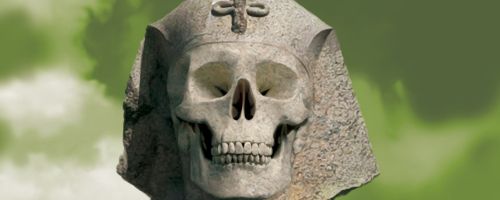

Beard argues that the Romans expanded by outnumbering their opponents rather than through superior tactics or weaponry.Ī persistent theme running through the book and through Roman history is the question of how the liberty of a Roman citizen was to be defined. Each conquest brought not only booty, but also a source of new soldiers.

Beard attributes much of the Romans’ success to their ability to incorporate and absorb their former enemies into the Roman polity. Moreover, many of the perceptions of classical historians have been supplemented or even altered by the discoveries of modern archeology, since many Romans wrote on stone or bronze as well as papyrus.Ī first century AD bust of Cicero in the Capitoline Museums, Romeīeard asserts that the motivation that lay behind Rome’s early military expansionism, which ultimately subjugated the entire Mediterranean basin, was not clear, there being no plan to “conquer the world.” The Romans’ opponents generally were not peace-loving farmers, but were constantly at war with one another. Beard is a skeptical analyst, and takes Cicero’s judgments with a practiced historian’s grain of salt. And while we know a great deal about the politics of the Empire in the late first century B.C.E through the voluminous letters of Cicero, that detailed knowledge is one-sided, as seen through the eyes of only one of the participants. For example, we know virtually nothing other than mythology about the founding of the city of Rome. In any event, his decree “changed the Roman world forever,” and this is why the author chose to end her story at that point.īeard’s book is almost as much historiography as history, as she repeatedly relates the nature and limitations of our actual knowledge of the ancient world. ” Overnight, more than 30 million became legal Roman citizens! Nevertheless, she writes, Caracalla is remembered most as the sponsor of the largest set of public baths then built in Rome. This was a revolutionary step, she avers, since it “removed at a stroke the legal difference between the rulers and the ruled. “SPQR” is the abbreviation used by the ancient Romans for “the Senate and People of Rome.” SPQR is Mary Beard’s recounting of the foundation and growth of the Roman Empire up to the year 212 C.E., when Emperor Caracalla made a full Roman citizen of every free inhabitant of the territory ruled by the Empire.


 0 kommentar(er)
0 kommentar(er)
